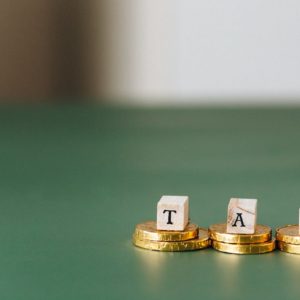HomeBlogFinancial InsightsWho gets the profits from a so...
Table of Contents
Profits in a Sole Proprietorship: Unveiling Ownership Benefits
In a sole proprietorship, the distribution and management of profits follow a unique pattern due to its solo ownership structure. Understanding who gets the profits is pivotal for entrepreneurs considering or already operating under this business model.
Sole Owner, Sole Beneficiary
In a sole proprietorship, the individual owner is the exclusive beneficiary of the profits generated by the business. Since there are no partners or shareholders, all net earnings belong to the sole proprietor. This direct link between the business’s financial success and the owner’s personal income is a defining characteristic of this business structure.
Key Aspects of Profit Distribution
Personal Income: Profits from the business flow directly to the sole proprietor’s personal income. Unlike more complex business structures, there is no need for profit-sharing arrangements or distribution among multiple owners.
Taxation: The taxation of profits in a sole proprietorship is straightforward. The business’s net income is reported on the owner’s personal tax return. This simplicity in taxation is one of the advantages of this business structure.
Reinvestment or Personal Use: The sole proprietor has the autonomy to decide how to allocate the profits. Whether reinvesting in the business for growth, covering operational expenses, or taking a personal income, the decision rests solely with the owner.
Flexibility in Profit Management
The flexibility to determine the destiny of the profits is a notable advantage of a sole proprietorship. This flexibility allows the owner to adapt to changing circumstances, reinvest in the business, or enjoy the rewards of entrepreneurial success on a personal level.
Considerations for the Sole Proprietor
While having full control over profits is empowering, it also comes with responsibilities:
Tax Planning: Understanding the tax implications of profit distribution is crucial. Consulting with a tax professional can help optimize tax strategies.
Business Sustainability: Balancing the allocation of profits between personal income and business reinvestment is essential for the long-term sustainability and growth of the enterprise.
Financial Planning: As the sole recipient of profits, effective personal financial planning is integral to manage income, taxes, and personal expenses.
In a sole proprietorship, the direct correlation between business profits and personal income provides a clear and straightforward financial landscape for the owner. This simplicity, combined with the autonomy to manage profits, underscores the appeal of this business structure for solo entrepreneurs. As with any business model, strategic decision-making and financial planning contribute to the overall success of the sole proprietorship.
Stay informed, stay compliant.




